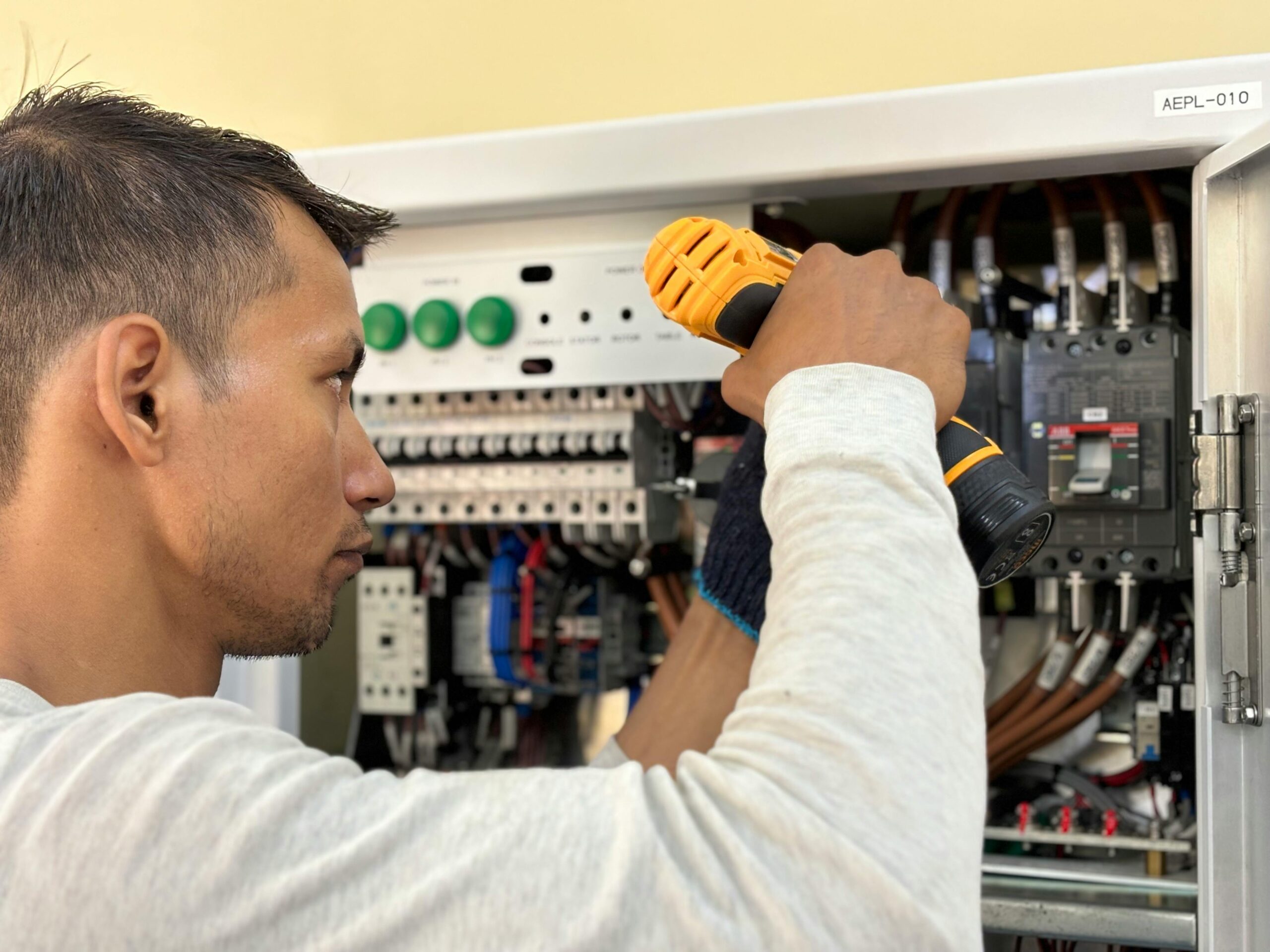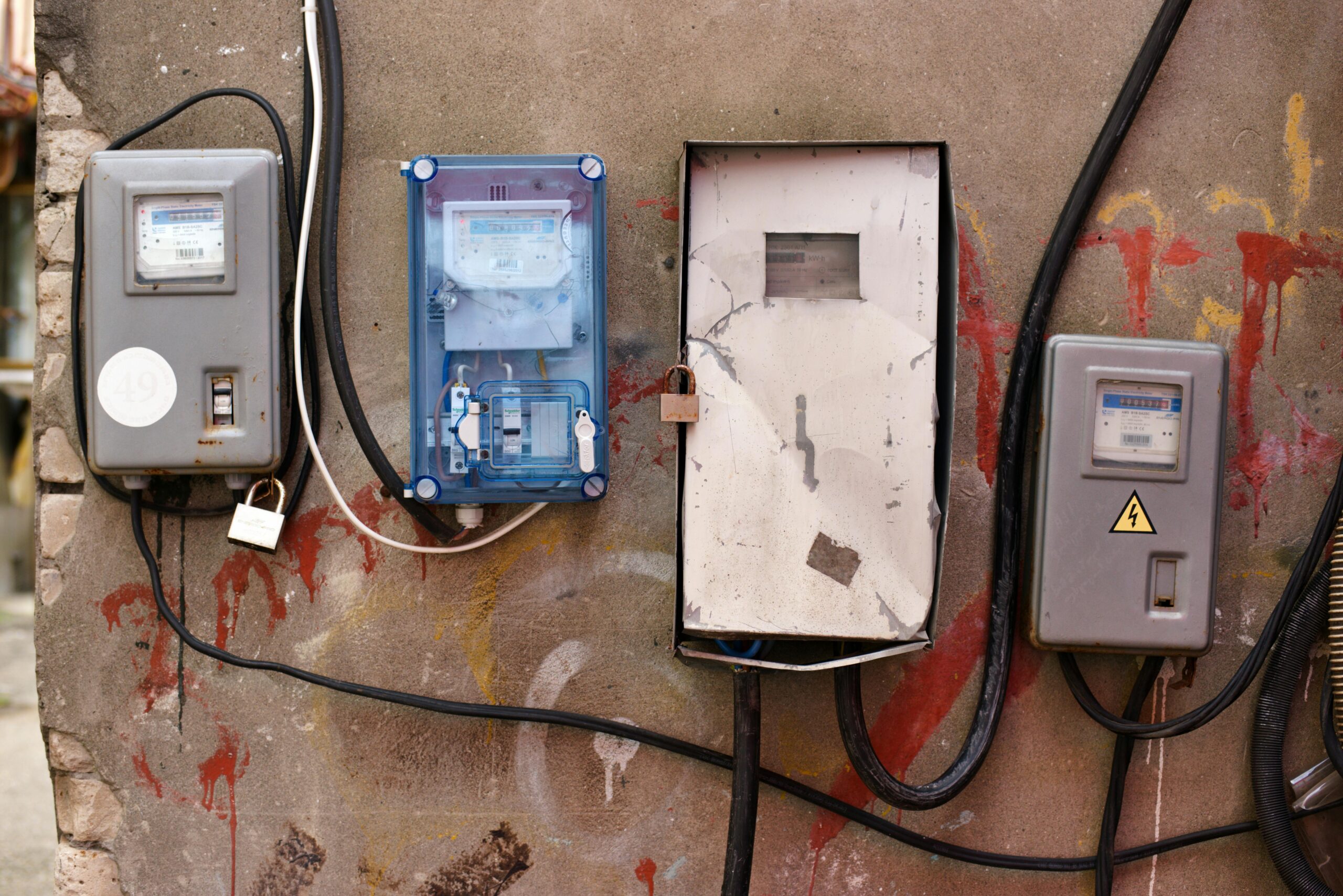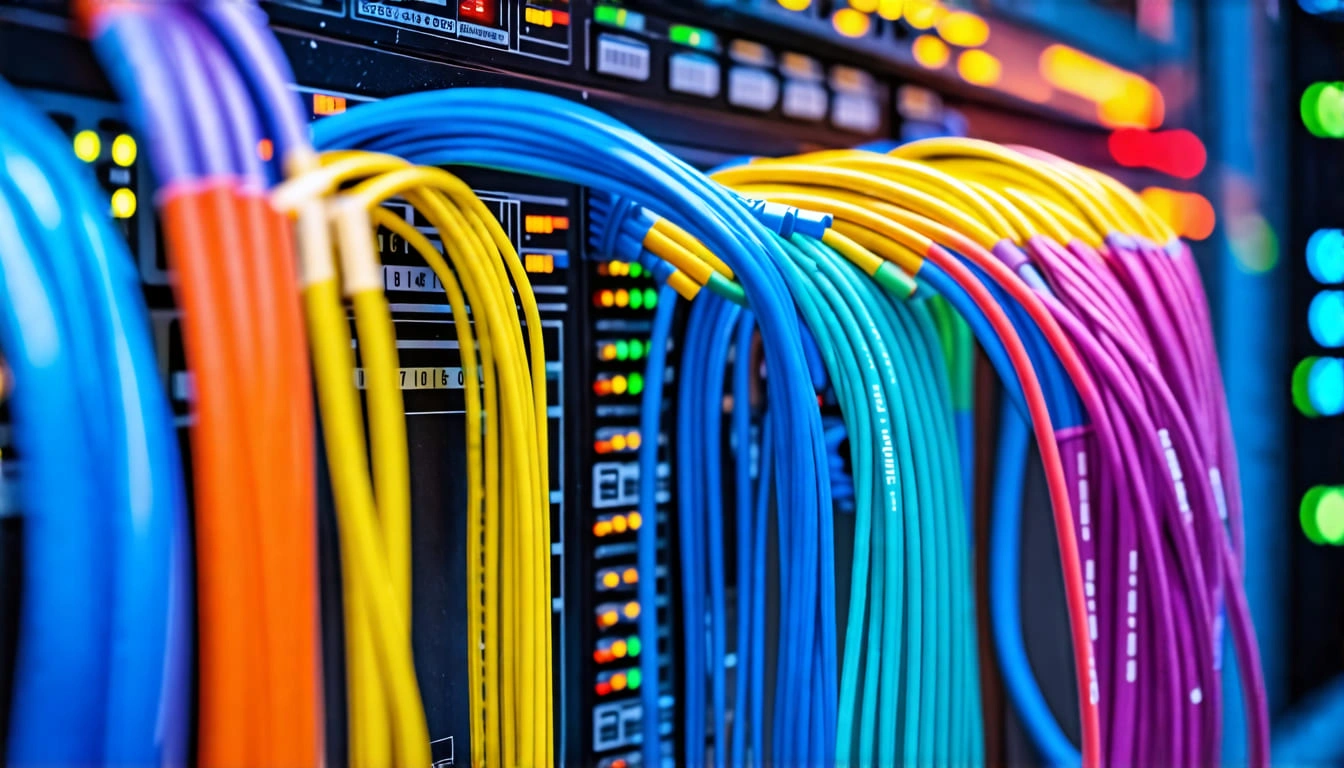In today’s world, where we heavily rely on electricity, backup power solutions play a crucial role. So, let’s talk about two main options: whole-house generators and solar power systems.
Whole house generators are like the superheroes of uninterrupted power during outages. They ensure that you never have to worry about losing power when you need it the most.
On the other hand, solar power systems harness the amazing energy from the sun, giving you an eco-friendly and sustainable power solution. It’s all about using the sun’s power to keep your energy flowing.
The purpose of this blog is crystal clear – we want to guide you through a thoughtful comparison of these options. Whether you prioritize seamless energy continuity or aspire to sustainable practices, our goal is to empower you with the knowledge to make informed decisions about backup power solutions.
So, let’s embark on this journey together, exploring resilience and sustainability in the realm of energy. Join us and let’s make the right choices for a brighter future!
Understanding Whole House Generators
Whole house generators are robust power systems designed to provide electricity to an entire home during outages. They kick in automatically as soon as a power disruption is detected, ensuring a seamless transition to backup power.
These generators are fueled by various sources like natural gas, propane, or diesel, making them a reliable and immediate solution for uninterrupted energy supply.
When it comes to typical usage scenarios, whole-house generators are primarily deployed during power outages, but they also prove invaluable in emergencies.
They ensure that essential appliances, heating, cooling systems, and medical equipment continue to function, offering a lifeline when conventional power sources fail.
Let’s talk about the pros and cons. On the positive side, whole-house generators provide comprehensive coverage by powering the entire home and maintaining normalcy during outages.
They also operate automatically, responding swiftly without the need for manual intervention. Additionally, they offer diverse fuel options, allowing you to choose based on availability.
However, there are a couple of cons to consider. The installation cost can be relatively high, making it a significant initial investment. Additionally, these generators require periodic upkeep to ensure optimal performance.
Overall, whole-house generators are a reliable and efficient solution for keeping your home powered during outages and emergencies.
Understanding Solar Power Systems
Solar power systems are pretty cool! They use photovoltaic cells to harness the sun’s energy and generate electricity.
These cells are often found in solar panels and they convert sunlight into electricity. The electricity goes through an inverter to make it compatible with our homes. It’s a sustainable and renewable energy source that’s good for the environment.
When you have a solar power system, it can serve your everyday energy needs and act as a backup during power outages.
If you connect it to a battery storage system, you can save up excess energy from sunny days to use when it’s cloudy or when there’s a power interruption. So, you’ll always have power when you need it!
There are some pros and cons to consider too. On the positive side, solar power is renewable and sustainable, so you’re using the sun’s energy that will never run out. It also helps reduce your electricity bills and has low operating costs once it’s installed.
However, there are some initial costs for installation, and the efficiency of solar power depends on how much sunlight is available. Plus, you’ll need enough space for the solar panels.
Overall, solar power systems are a great way to go green and have a reliable power source.
Comparing Whole House Generators and Solar Power Systems
When it comes to finding resilient and sustainable power solutions, deciding between whole-house generators and solar power systems becomes crucial. Each option has its unique set of benefits and drawbacks, making it a challenging decision to make.
Let’s break down each of the alternatives so that you can make the best choice possible:
Initial Costs
Whole house generators require an upfront investment that covers the generator and installation, while solar power systems involve purchasing solar panels, inverters, and installation costs.
Operating Costs
Whole house generators come with regular maintenance and potential fuel costs, whereas solar power systems have minimal operating expenses and low maintenance.
Environmental Impact
Generators emit carbon and noise, whereas solar power systems offer an eco-friendly alternative with no emissions once installed.
Reliability
Generators assure immediate response during outages, ensuring uninterrupted energy, while solar systems are reliable with battery storage but depend on the weather.
Capacity
Generators are designed to provide power to the whole home, ensuring comprehensive coverage, while the capacity of solar systems depends on matching the size to household needs.
Aesthetics
Generators are often discreet and have minimal impact on property aesthetics, while visible solar panels may require thoughtful integration.
Regulations and Incentives
Generators face fewer regulations and may benefit from local incentives. Solar systems are subject to regulations but can leverage various incentives that promote renewable energy adoption.
This detailed comparison acts as a guide to help you make an informed decision, uncovering key aspects of whole-house generators and solar power systems. Choose the optimal backup power solution for your needs!
Factors to Consider When Choosing Between the Two
When choosing between whole-house generators and solar power systems, consider a few important factors. First, think about your location.
Whole-house generators work well in areas with frequent power outages, ensuring a steady energy supply. Solar power systems thrive in sunny regions, harnessing abundant sunlight for sustainable power.
Next, consider your budget. Look at upfront and ongoing costs. Whole house generators require installation, maintenance expenses, and potential fuel costs. Solar power systems require an initial investment but have low operating costs over time, making them cost-effective in the long run.
Evaluate your power needs. Assess your household’s power consumption and essential appliances. Whole house generators provide comprehensive coverage, keeping critical systems operational during outages. Solar power systems can be sized to meet specific power needs, maximizing efficiency.
Align your choice with your environmental goals. Whole house generators emit carbon and noise, while solar power systems offer a clean and sustainable energy alternative, reducing your carbon footprint.
Consider space requirements for installation. Whole house generators are compact and discreet, requiring less space. Solar power systems, with visible panels, need sufficient space and require thoughtful integration into your property’s design.
By carefully considering these factors, you’ll make an informed decision and choose the backup power solution that fits your needs, budget, and environmental aspirations.
Case Studies or Real-Life Examples
Let’s dive into the real-life stories of homeowners who had to make a tough decision: whole house generators or solar power systems. These case studies give us a firsthand look at their decision-making process and what happened next:
Imagine a family living in an area with frequent power outages. They chose to go with a whole-house generator to keep the energy flowing during disruptions. The result? They were able to maintain their normal lives, keeping essential appliances running and ensuring family comfort even during outages.
Now, picture eco-conscious homeowners who have plenty of sunlight. For them, the choice was clear: solar power systems aligned perfectly with their sustainability goals.
By going solar, they not only reduced their carbon footprint but also enjoyed lower energy bills and a consistent power supply thanks to battery storage.
These real-life examples show us the different factors that influence homeowners’ decisions. Whether it’s prioritizing uninterrupted power or embracing sustainability, these stories offer valuable insights into the outcomes of choosing between whole-house generators and solar power systems.
Conclusion
Now, as we wrap up our exploration of whole-house generators and solar power systems, let’s take a moment to reflect on the key points of comparison.
Think about how often you experience power outages, any budget constraints you may have, your power needs, environmental goals, and the space you have available.
Throughout this decision-making process, we encourage you to seek advice from professionals who can offer personalized insights based on your specific circumstances.
Remember, the best choice between these options is subjective and depends on your individual needs and priorities.
So, assess your unique requirements, consider the pros and cons, and make an informed decision that aligns with both your immediate needs and long-term goals for a reliable and sustainable power solution.
We’d love to hear your thoughts and questions on the dynamic choice between whole-house generators and solar power systems. Feel free to share in the comments below and let’s have a community discussion that enriches everyone’s understanding!
If you’re looking for personalized advice based on your specific circumstances, consider reaching out to local professionals who specialize in generators or solar systems.
These experts can provide invaluable insights to ensure your decision is well-informed and tailored to meet your unique needs. It’s all about starting engaging discussions and seeking expert consultations on your journey to a resilient and sustainable power solution.
Let’s explore together!
We help companies refine their messaging, hone in their sales process, and grow their pipeline – all with a new website.






